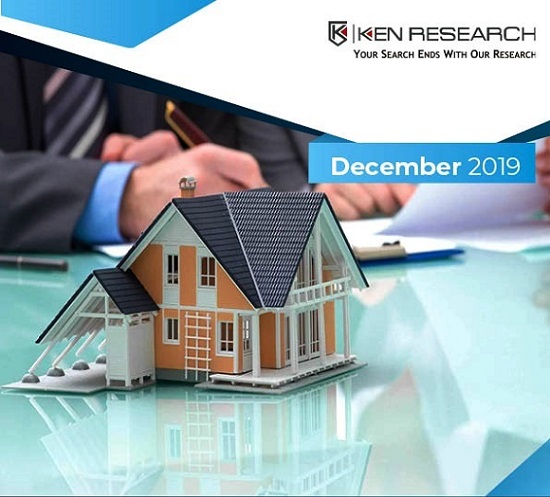The Infrastructure sector in Brazil covers the growing construction projects in different sectors, like Social Infrastructure, Transportation Infrastructure, Extraction Infrastructure, Manufacturing Infrastructure also this sector is varied, comprising road, railroad, port, airport, telecommunications, and electric power generation and transmission infrastructure. Each of these subsectors enjoys specific driving forces and advantages, as well as being plagued by specific challenges. A common denominator is that they all rely heavily on government spending and PPP projects, which in turn largely hinge on loan or debt-instrument financing. Infrastructure projects are characterized by long gestation periods and cumbersome land clearance and other procedures, which often result in project schedule and cost overruns.
According to the analysis,’ Brazil Infrastructure Market Trends, Statistics, Growth, and Forecasts’ the market is expected to grow during the forecast period due to private and venture capital investment in the infrastructure sector and many other factors are driving the market. Some of the prominent players in the market Construtora OAS S/A Em, CNO S.A, Cobra Brasil services, Tabocas Partipacoes, Empreedimentos S/A, and Polimix Concreto Ltda. The needs of Brazil’s foreign trade have put a strain on existing ports in the country, necessitating the construction of new ones. That many infrastructure projects are PPPs means that smaller companies often work side by side with larger ones, which helps them increase their level of specialization. On the other hand, small-sized companies are not equipped to handle large-scale projects, which means that the sheer size of Brazil’s typical infrastructure project (alongside other factors such as access to financing) is conducive to sector consolidation.
As the largest country in Latin America, Brazil has great potential for economic development and the most talked about venture capital market in the region. The impressive performance of the Brazilian venture capital ecosystem in recent years has demonstrated the attractiveness. Brazil’s infrastructure sector is undergoing a major transformation, with the expected growing participation of the private sector in main projects. This transformation is facilitated by the low benchmark interest rate expected to stay at record low levels, which will allow companies and investors to raise cash at low costs.
Brazil needs to expand its existing ports and, in some cases, even build new ones, as some have become landlocked in urban areas that were developed after the ports were built. The expansion of such ports is impossible, necessitating the building of new ones. As Brazil welcomes more international passengers ever and boasts an increasing number of domestic air travelers, it needs more, larger, and better airports too. Brazil, therefore, has a substantial project backlog over the short- to mid-term, which bodes well for the growth of its infrastructure sector and the economy in general, given that good infrastructure is essential for successful business activities.
Brazil transports the majority of its road passengers and cargo on the national highway network, which represents a minuscule share of all roads in the country. There is therefore substantial demand for new roads, as well as for re-surfacing existing roads. The government has adopted measures to attract more FDI into the country in order to boost tourism, both in terms of domestic travelers and large-scale international MICE events. This has also created a higher demand for airports and airport infrastructure. Therefore, it is anticipated that the market of Brazil Infrastructure Market will boost up throughout the forecast amount.
For More Information on the Research Report, refer to the below links: –
Brazil Infrastructure Market Growth
Related Report:-
Contact Us:-
Ken Research
Ankur Gupta, Head Marketing & Communications
+91-9015378249

